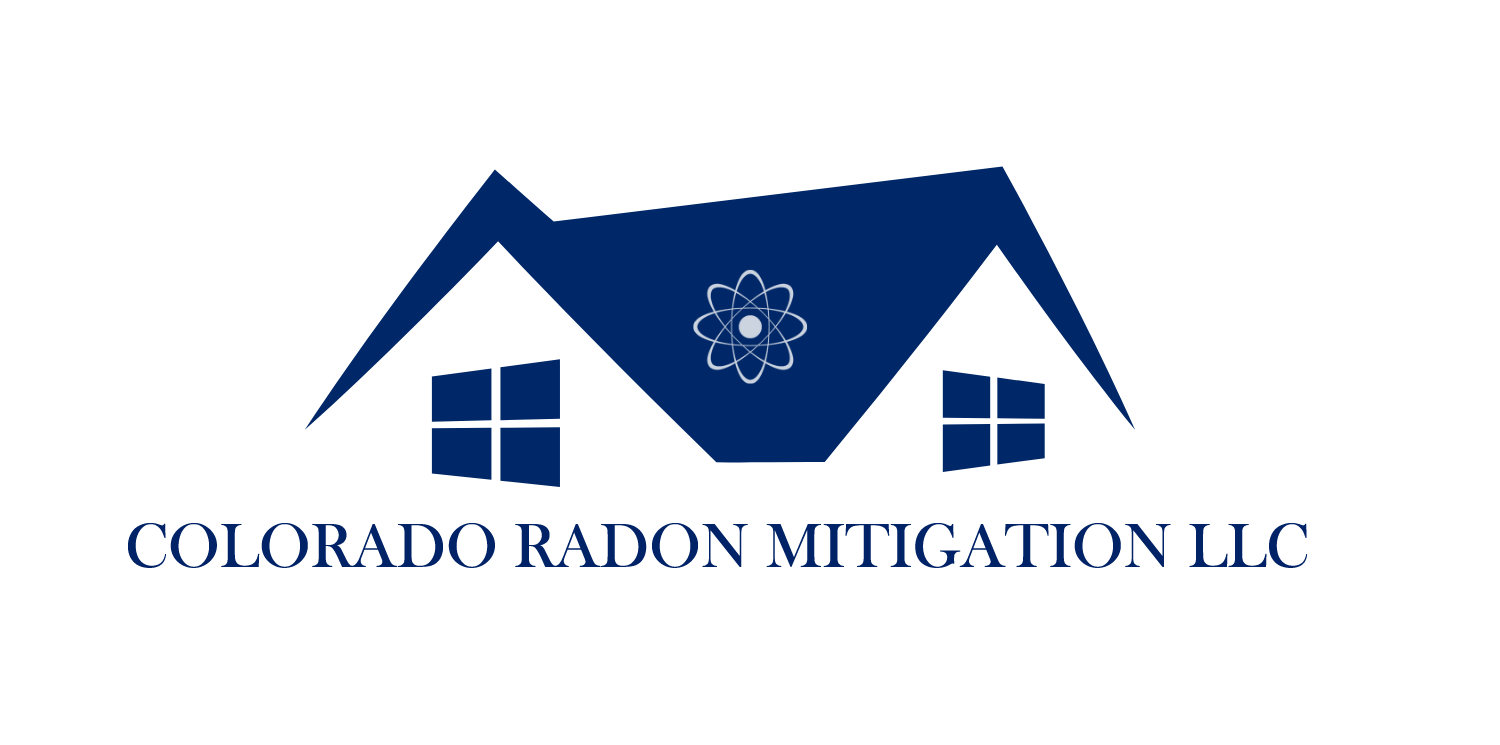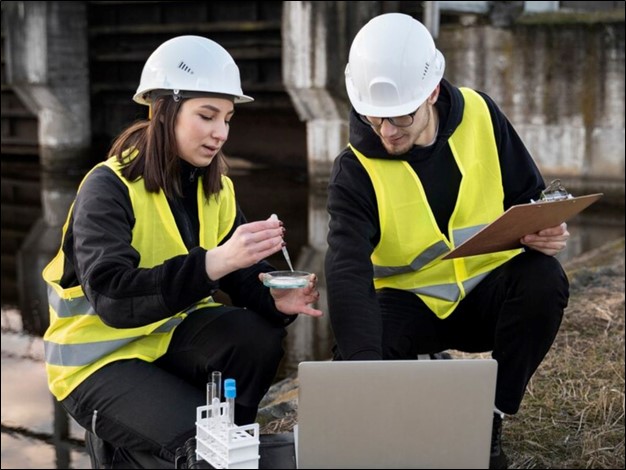Homeowners are silently at risk from radon, a naturally occurring radioactive gas that is invisible to the senses. Its existence in homes presents serious health concerns, particularly in Denver where the topography supports it. Lung cancer can result from prolonged radon gas exposure; in the United States, it is the second most common cause of the disease. Therefore, the first measures in guaranteeing the safety of residential settings are knowledge of radon and radon testing.
Importance of radon testing
Purchasing a home guarantees a secure living environment for the buyer, their family, and themselves. In Denver, radon checking out must be a recurring aspect of the real estate promoting technique. If properties are tested for radon before they are bought, will avoid buyers from moving into homes with higher amounts of radon. This is an important part of the due research process that homes and possible investors must go through to protect their financial and physical health.
Legal Requirements for Radon Disclosure
In Denver and Colorado at large, there are specific legal requirements about radon disclosure during real estate transactions. Any information the seller knows about the amount of radon in the property must be shared with buyers. This law requirement stresses how important radon testing is and makes sure that the transaction is clear, protecting the buyer’s best interests in the end.
How radon testing works
Placing a radon probe in the least sensitive part of the house, where radon levels are highest, for 48 hours to a week is part of the testing process. For exact results, these tests will find radon in the air and let owners or buyers know how dangerous a certain place is. You can determine whether protection is necessary after using that simple and accurate approach to detect radon levels.
Options for Radon Mitigation
Should a home test positive for high levels of radon, there are proven mitigation techniques that can reduce radon to safer levels. These methods can include the installation of vent pipes and fans to reduce radon concentration, sealing of floors and walls to prevent radon entry, and other system enhancements that aid in radon reduction. Professional radon mitigation services can tailor solutions based on the specific conditions of the home.
The role of personnel in radon testing and mitigation

Professionals who test for and fix radon are very important for making sure that houses in Denver are safe from radon risks. They know how to find radon and get rid of it properly by using high-tech tools and methods. Because they know what they’re doing, testing is done right and in line with EPA rules. It also makes that the safety measures are operational and correctly configured.
Impact of Radon on Property Value
The presence of radon can significantly impact property values. In Denver, where awareness of radon risks is relatively high, properties with known radon issues might face challenges during sale negotiations unless remediated effectively. Conducting radon testing and implementing necessary mitigation measures before listing a property can preserve if not potentially increase, its market value. This proactive approach not only makes the home safer but also more appealing to knowledgeable buyers who can appreciate the proper pre-purchase effort.
Educating Home Buyers and Sellers
A big part of fixing the radon problem in the real estate market is educating people. Home testers, real estate agents, and people who get rid of radon should all work together to teach buyers and sellers about radon and why testing and getting rid of it is important. By educating its residents, Denver can enhance the general standard of living and public health. Because everyone is working together, radon testing will become a normal and important part of the real estate process.
Conclusion
The importance of radon testing for homebuyers in Denver cannot be overstated. Ensuring a home does not have elevated radon levels is an important step in real estate management that protects consumer health and investment. Colorado Radon Mitigation is ready to provide testing and solutions, checking have found that the homes meet safety standards and buyers can move forward with peace of mind. Their professional work provides the expertise needed to solve radon concerns, making them a mainstay in the Denver real estate market.

